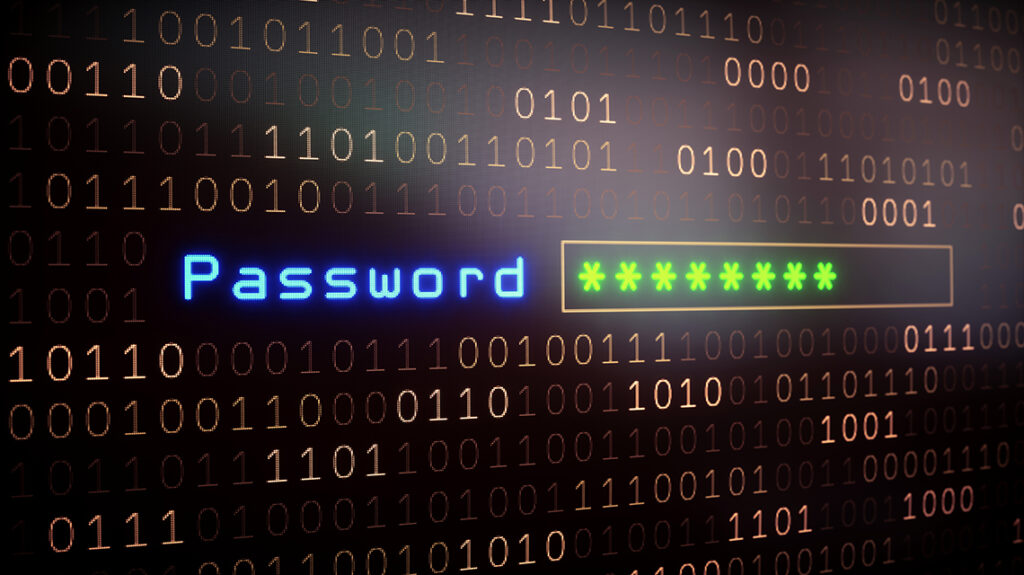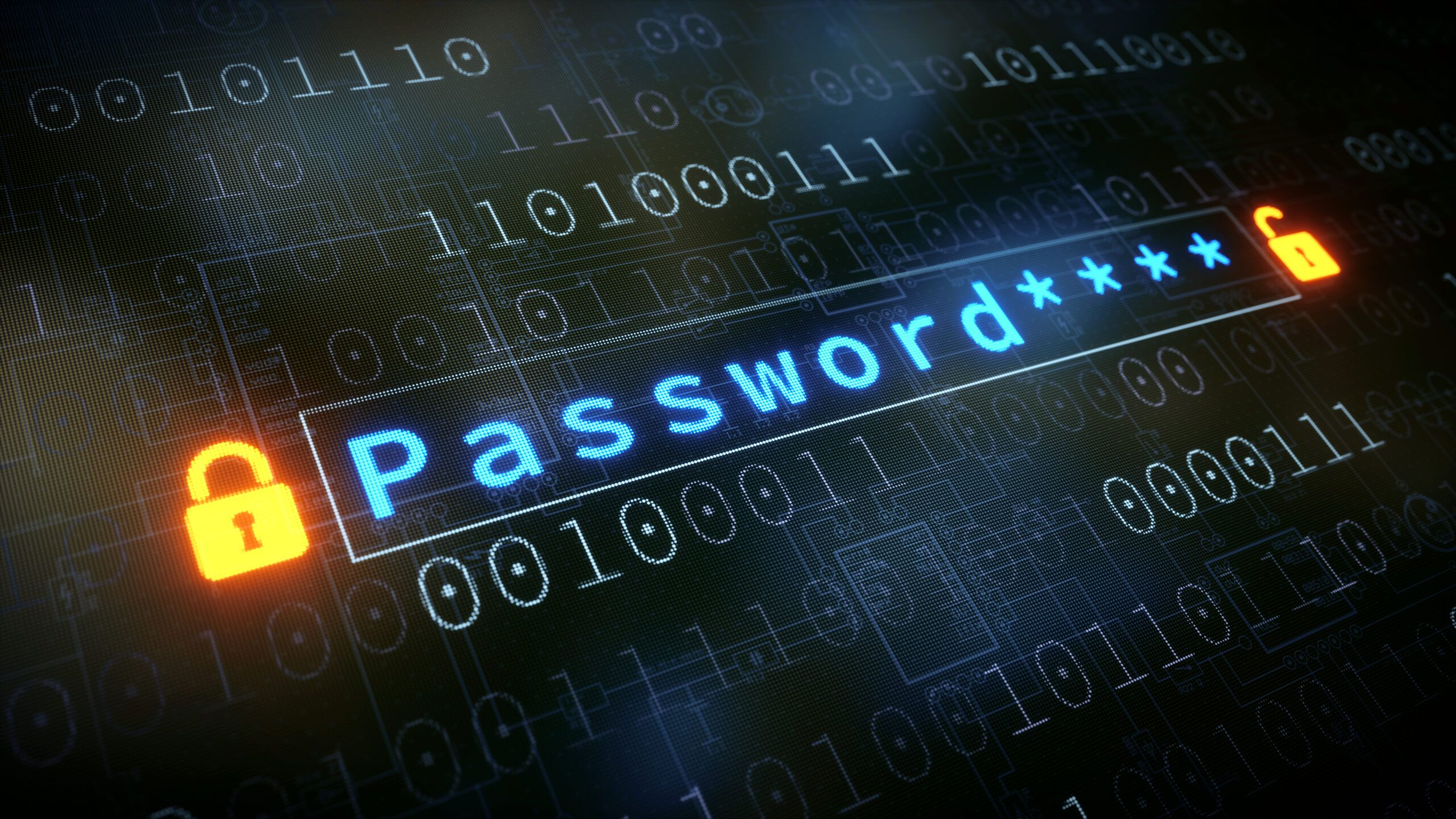
Password managers like LastPass and 1Password promote the convenience of remembering just one login—theirs—while storing all your other credentials safely within their digital vaults. It’s an appealing proposition, especially given the prevalence of weak online security practices. With a robust master password securing access to a trove of complex and unique login information, users are encouraged to adopt random passwords for every site, service, and app. However, the 2022 data breaches endured by LastPass serve as a stark reminder that even the most trusted platforms are not infallible. Yet, with the added layer of two-factor authentication (2FA) bolstering security across accounts, users can still navigate such setbacks relatively unscathed.
But what happens when access to the password manager itself is lost? Whether due to forgotten master passwords, corrupted database files, or misplaced 2FA methods, the consequences can be dire, particularly if vital credentials, like those for email or banking, are inaccessible. To mitigate this risk, it’s prudent to commit at least the password for your email account to memory. This ensures that, in the absence of your password manager, you can initiate password resets for critical accounts. Some individuals go further, opting to memorize passwords for other essential services as an additional security measure.
Even storing passwords within the same account as your email address offers no immunity. While it simplifies the login process, a compromised account could leave you stranded. Establishing 2FA and maintaining multiple backup methods for accessing authentication codes is imperative.
Password managers undeniably enhance online security, but they’re not foolproof. As such, prioritizing data backups, whether digital or within your own memory, remains paramount. While password managers safeguard your digital life, ensuring you retain control over your vital information is equally crucial for maintaining peace of mind in the digital age.




